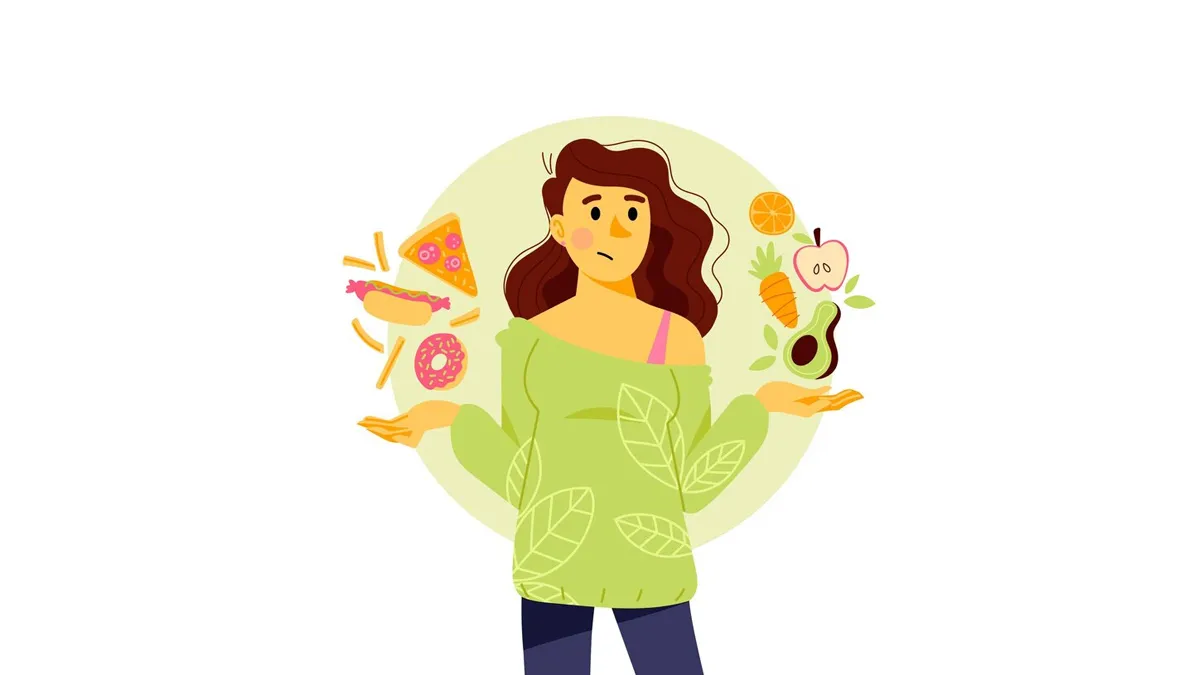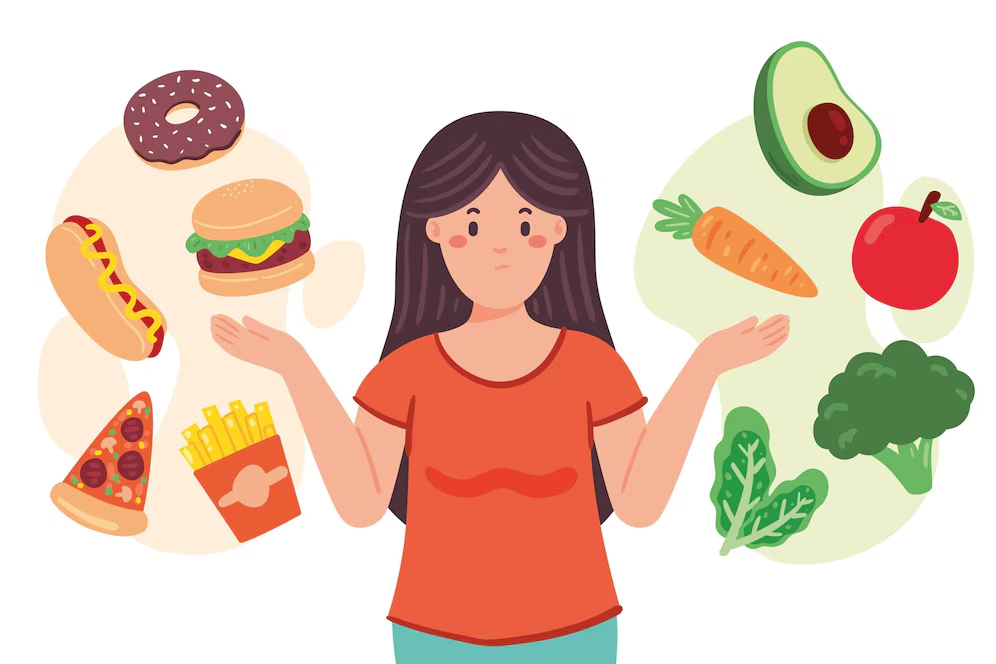
Polycystic Ovary Syndrome (PCOS) is a hormonal disorder that leads to the development of multiple ovarian cysts, irregular menstrual cycles, excessive body and facial hair, insulin resistance, and weight gain. It’s a condition that affects many women, and surprisingly, it’s becoming more common among younger girls as well.
According to the World Health Organization (WHO), around 116 million women worldwide (3.4 per cent) are affected by PCOS. While data on the prevalence of PCOS in India is limited, the National Health Portal of India reports that Maharashtra has a prevalence rate of 22.5 per cent. To help manage PCOS, certain foods should be avoided.
We spoke with Dr Astha Dayal, Director of Obstetrics and Gynaecology at CK Birla Hospital, Gurugram, who shared more insights on PCOS, the foods to avoid, and dietary recommendations for better management of the condition.
Dr Astha Dayal advised that women with PCOS should steer clear of certain foods that can trigger inflammation and disrupt hormonal balance. These include:

Avoiding these foods can help regulate insulin, reduce inflammation, and restore hormonal balance, leading to better control of PCOS symptoms.
Don't Miss: PCOS Symptoms And Treatment; Gynaecologist Weighs In
Dr Astha explains that consuming excessive sugar and refined carbs causes sharp increases in blood sugar levels. In response, the body releases higher amounts of insulin to regulate the glucose. Over time, consistently elevated insulin levels can lead to the body becoming less sensitive to insulin, resulting in insulin resistance.
She added, “For women with PCOS, insulin resistance is a prevalent issue that worsens symptoms such as weight gain, difficulty in shedding pounds, and increased production of androgens (male hormones). High androgen levels contribute to issues like irregular menstrual cycles, excessive hair growth, and acne. Therefore, controlling sugar and refined carbohydrate consumption is essential for reducing these symptoms and improving insulin sensitivity.
Dr Astha Dayal said, "Following a restrictive or fad diet can have negative impacts on PCOS management and overall hormone health. Such diets often lack essential nutrients, leading to deficiencies and further exacerbating hormonal imbalances. Additionally, restrictive diets can be difficult to maintain long-term, leading to yo-yo dieting and weight fluctuations, which can worsen insulin resistance and PCOS symptoms.”
Don't Miss: Period Blood Clots: Know The Reasons, Problems Related To Menstruation

Dr. Astha highlighted the possible long-term effects of restrictive or fad diets on hormonal health, which include:
To manage PCOS effectively in the long run, it's crucial to follow a balanced diet rich in whole foods, focusing on low-glycaemic carbohydrates, lean proteins, healthy fats, and plenty of fruits and vegetables. This strategy supports overall well-being, stabilises blood sugar, and promotes hormonal balance.
Keep reading Herzindagi for more such stories.
Credits: Freepik
Also watch this video
Herzindagi video
Our aim is to provide accurate, safe and expert verified information through our articles and social media handles. The remedies, advice and tips mentioned here are for general information only. Please consult your expert before trying any kind of health, beauty, life hacks or astrology related tips. For any feedback or complaint, contact us at [email protected].